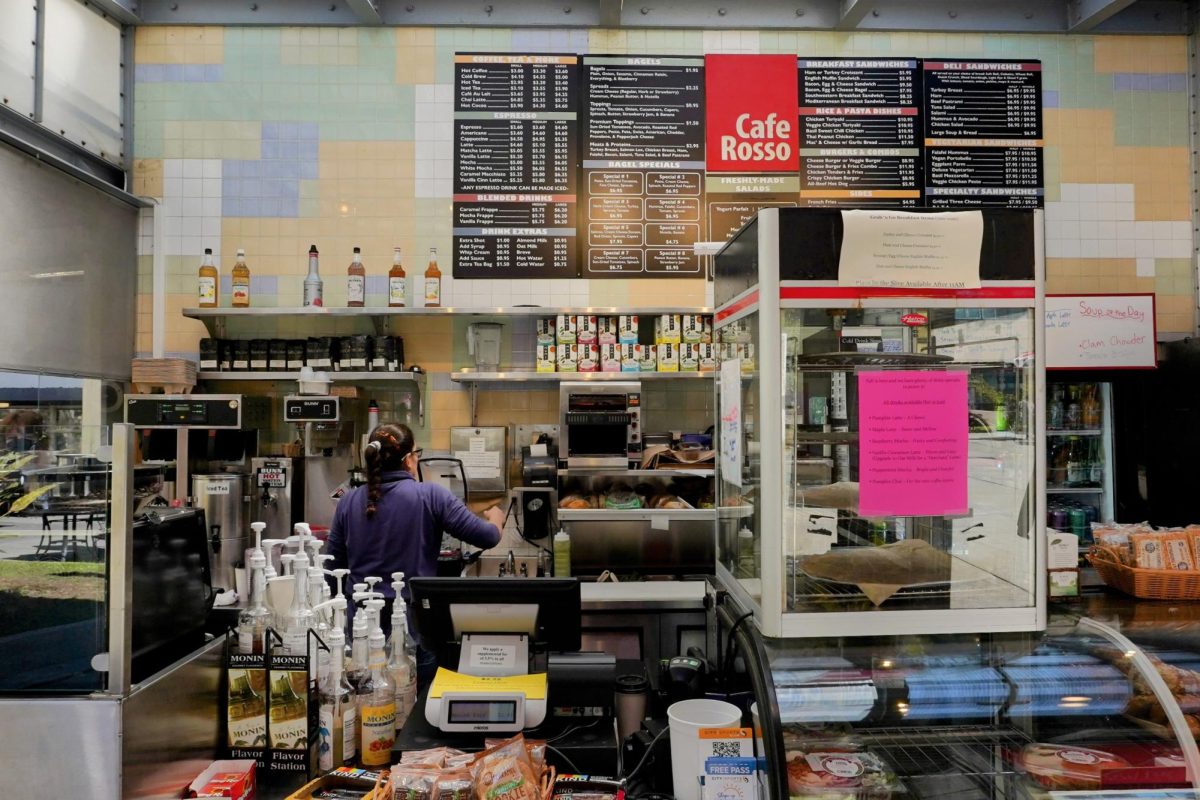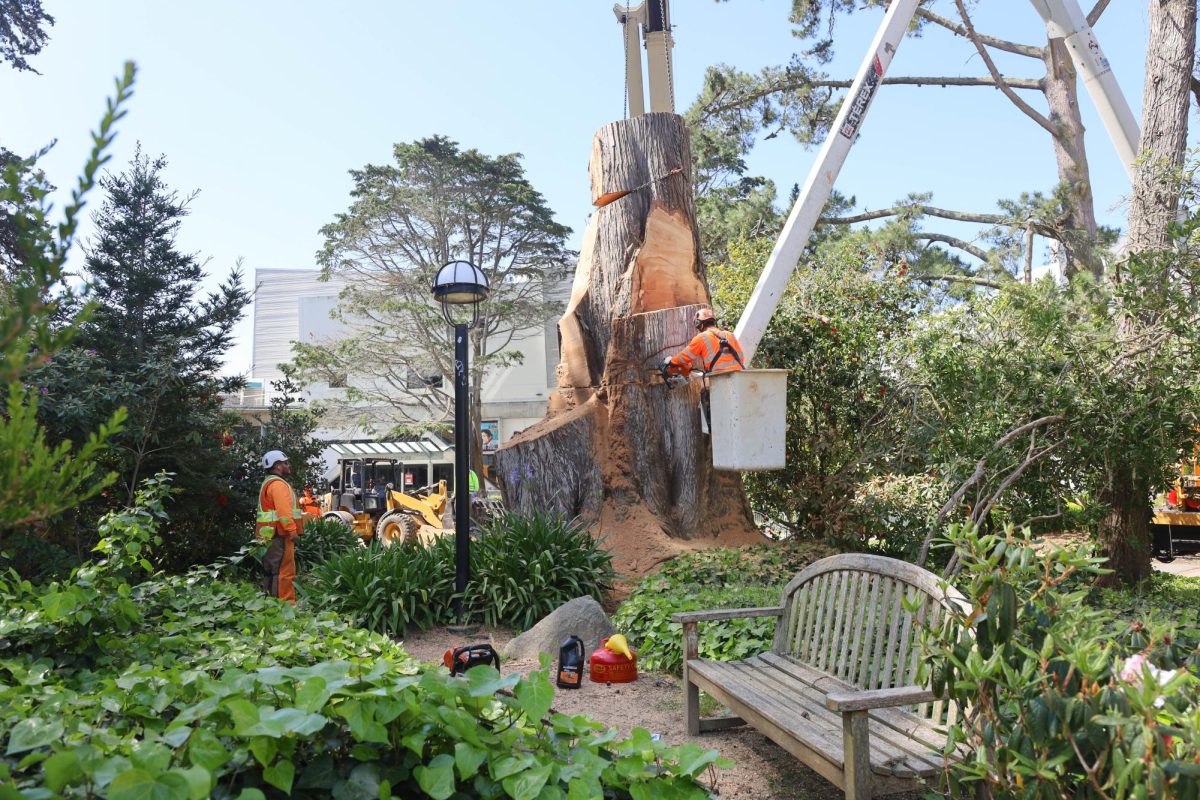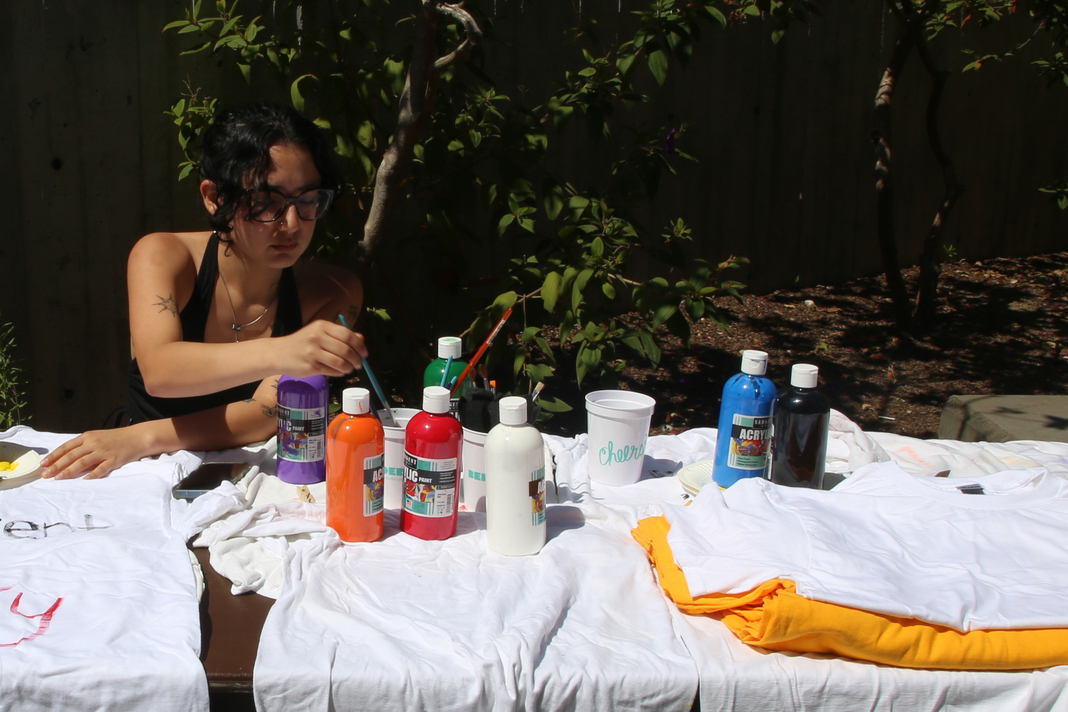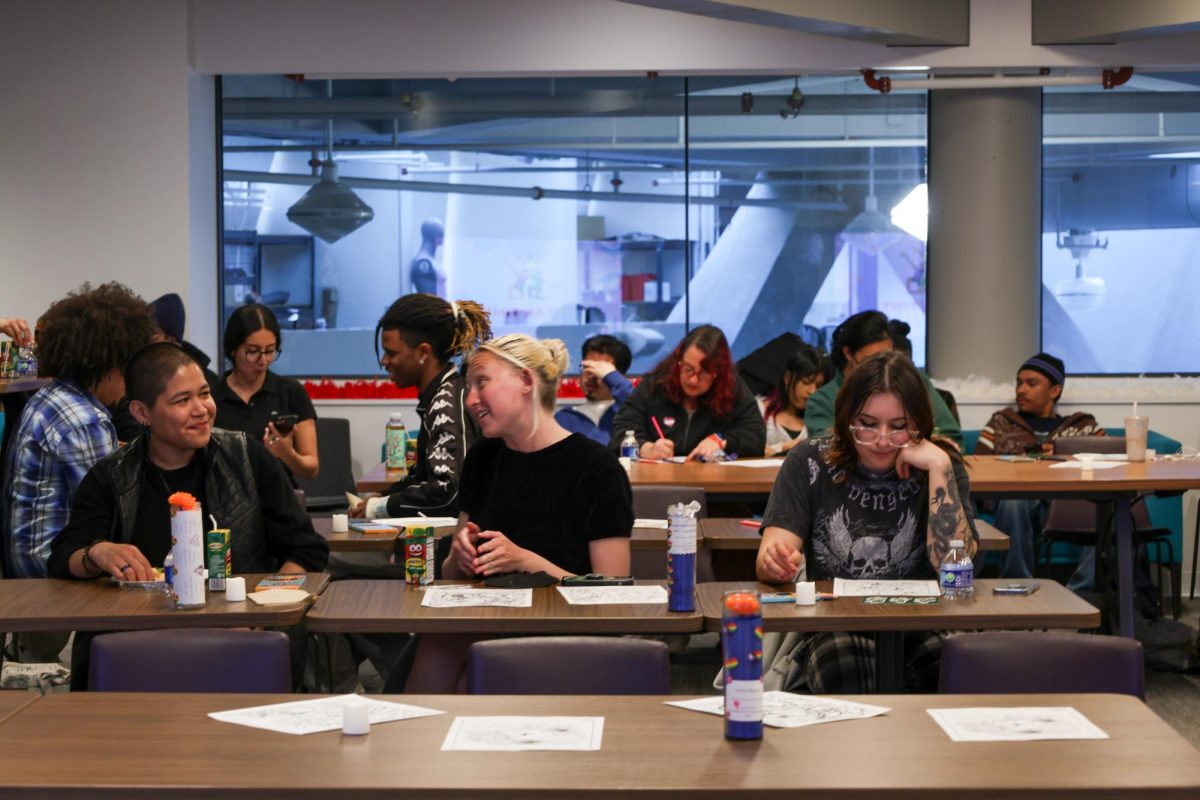Kate Kleinhans, a sign language interpreter for San Francisco State University, ordered a sausage egg muffin and a medium cold brew oat latte from Peet’s Coffee in the J. Paul Leonard Library — a routine she does three times a week. However, she realized that the price on the menu did not match the price on her receipt.
Kleinhans fell victim to “drip pricing,” a term the California Legislative Information website defines as advertising a price that is less than the actual price a consumer will have to pay. Drip pricing has become a growing concern for consumers who often find themselves facing unexpected charges at the register.
However, on Oct. 7, 2023, California passed Senate Bill No. 478, or the Hidden Fees Statute, to prevent this confusion by requiring businesses to advertise the final price — fees included — that a customer will have to pay for a good or service, according to the California Legislative Information website.
So how are Peet’s Coffee and other SFSU merchants adjusting to a law they have had over a year to adapt to?
When Kleinhans was paying for her order, there was a small scratched-up sticker reading “We apply a supplemental fee of 3.5% to all transactions” beside the chocolate bars at the register, explaining the 41-cent supplemental fee she is charged each visit.
Despite getting her sausage egg muffin and medium cold brew oat latte multiple times a week, Kleinhans overlooked the sticker and assumed the menu price was the price she was paying.
Peet’s Coffee is part of a collection of well-known vendors on campus owned by entrepreneur Allam El Qadah, who manages six other eateries: Cafe Rosso, Village Market & Pizza, Station Cafe, HSS 121 Cafe, Farm Fresh Underground and Taza Smoothies and Wraps. All of these locations display inaccurate menu prices but attempt to create transparency with a sign at the register to inform customers of the 3.5% supplemental fee.
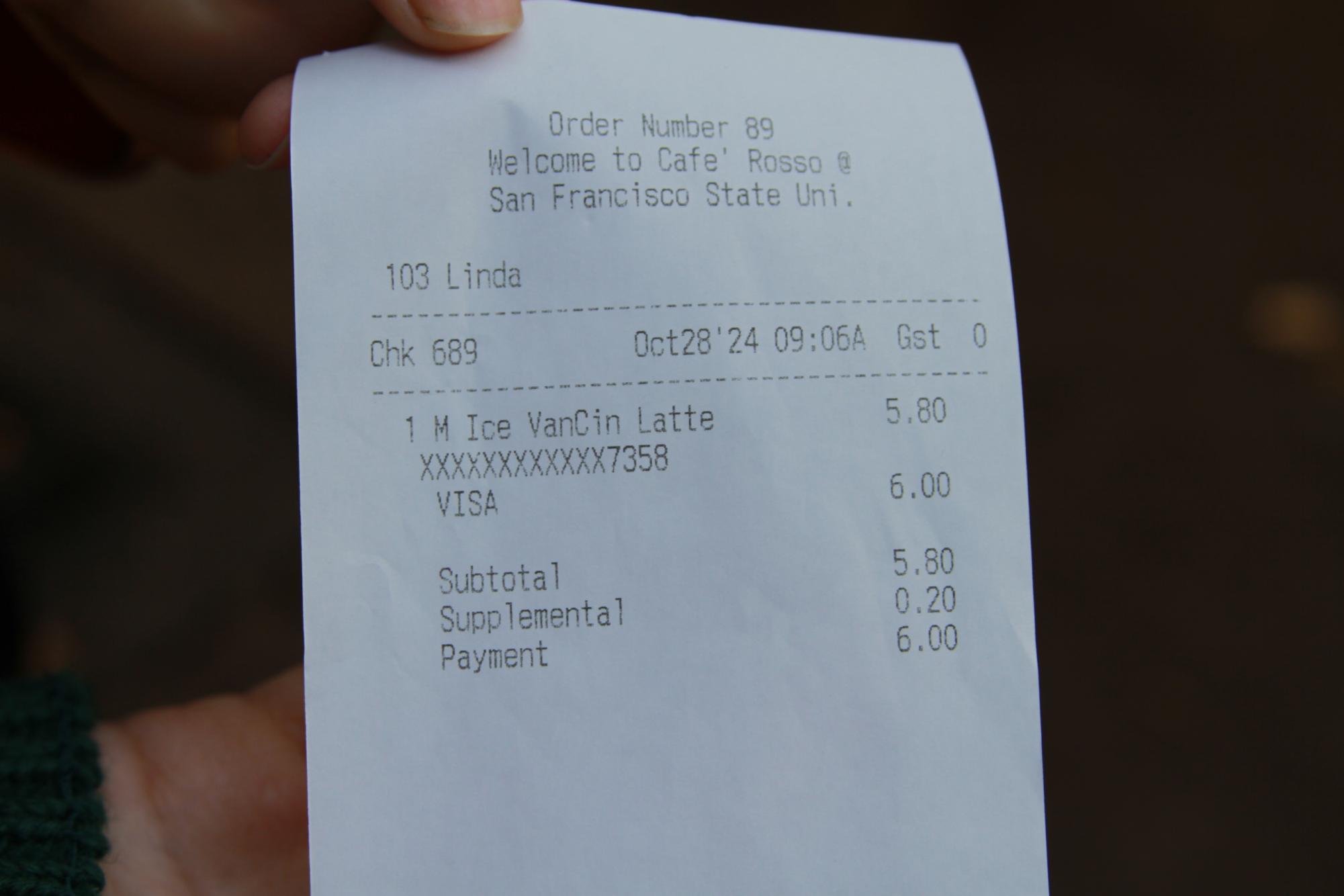
Similar to its sister company, Cafe Rosso’s register displays the same sticker — one that customers can only get close enough to read once they make it past the long line of customers ahead — covered by the shadow of the hovering register it is attached to.
Éowyn Salvador, a cashier and barista for Cafe Rosso, said she often gets questions about price discrepancies.
“I quite honestly think the sign is put there strategically to get people to miss that,” said Salvador.
Even if customers did notice the sign, the fee might not be considered a huge difference that they would worry about but it adds up over time.
By the end of the semester, Kleinhans would have paid over $20 in supplemental fees from Peet’s Coffee.
But what exactly does this 3.5% supplemental fee cover?
Third-party vendors on campus added supplemental fees on all purchases regardless of payment methods to offset the fees banks are charging when the vendors make deposits and when ordering change, according to SFSU’s media relations specialist, Kent Bravo.
Store manager Cristian Ortega, who has been working for Station Cafe since 2019, said he has seen restaurants across San Francisco with the same fee but is unsure if it truly goes toward bank payments.
But Ortega said his customers usually do not notice the fee and disputes related to price transparency have not been a problem at Station Cafe.
“It happens rarely,” he said. “If the customer does notice, they are looking at the price before tax.”
Senate Bill 478 does not require businesses to include tax in the advertised price.
The owner of all seven eateries, El Qadah, did not respond to multiple requests for comment at the time of publication.




